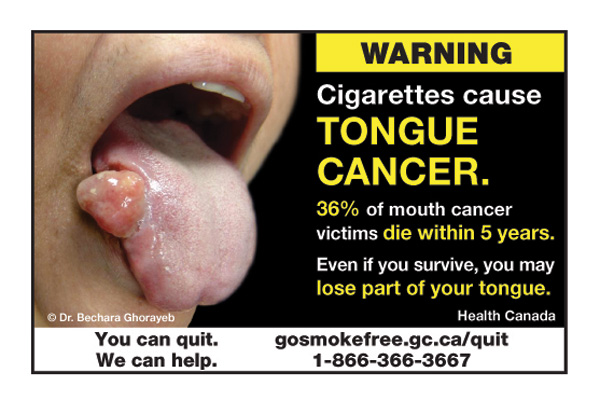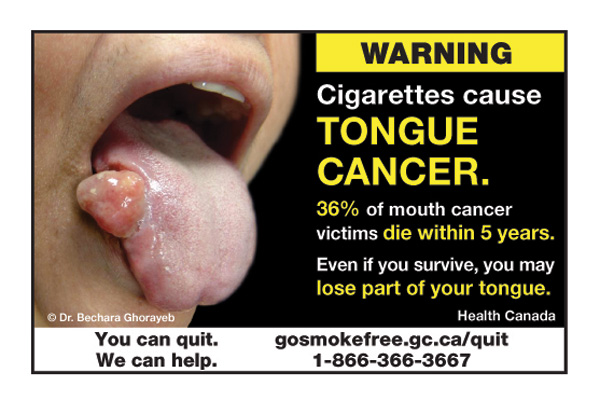
Imperial Tobacco Canada is taking anti-tobacco groups to task for their silence about the boom in illicit sales following Quebec’s ban on flavored e-cigarettes.
“You cannot claim ‘Mission Accomplished’ by simply passing regulations,” said Eric Gagnon, vice president of corporate and regulatory affairs for Imperial Tobacco Canada, in a statement. “The regulations must work. And these ones don’t. Flavored vapor products are still being sold in Quebec. The problem is that they are now being sold illegally.”
Quebec banned flavored vapes Oct. 31, 2023, following years of pressure by anti-tobacco groups. According to Imperial Tobacco Cananda, the same groups refuse to acknowledge that there is a problem with the regulations and will not call on the government to fully enforce the regulations.
“It’s time that the Coalition Quebecoise pour le controle du tabac and other so-called health groups acknowledge that there is a problem with the regulations and push to fix it,” Gagnon said. “If the real objective of the regulations was to ban flavors, where are these health groups now that flavored vapor products are being sold illegally?”
Imperial Tobacco Canada noted that some of the lobby groups have ties to the provincial government and receive funding from them.
“It is time for the public to see the real intentions behind these anti-tobacco lobby groups,” said Gagnon. “They hide behind the virtue of public health, but their recent silence demonstrates that their only real objective is going after tobacco companies, even if this means pushing consumers to illegal products.”
“It is astonishing to see that Quebec’s anti-tobacco lobbyists prefer turning a blind eye to illegal flavored vaping products rather than recognizing that this is a failed policy and working with us to demand concrete enforcement measures to Minister Dube,” said Gagnon. “This says a lot about the real intention behind the individuals leading these organizations.”




















